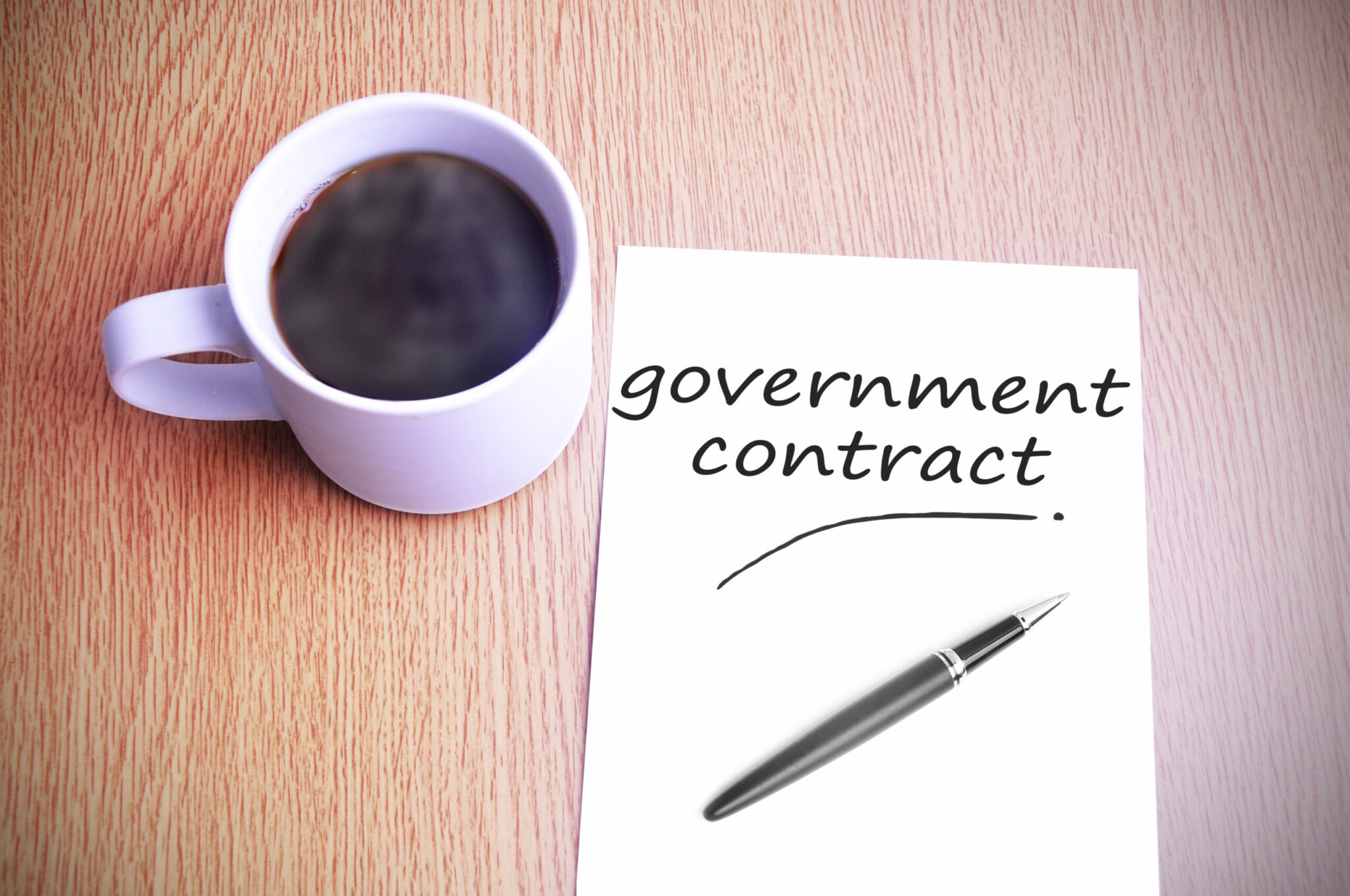The US government awarded nearly $100 billion in contracts this year. Every year, the government bidding process attracts leaders from every field to offer goods and services to provide federal goods and services.
Whether it’s the opportunity for stability or the possibility of expanding research into a new area, a government contract can provide a boost to startups and small businesses.
Having your products or services used in all 50 states or even around the world can put your brand on the map in a way that simple marketing tactics can’t.
Once you’ve found a contract that you know your services would be perfect for, it’s a long and arduous process to win a bid.
Here are 5 tips to ensure that you make your way through the government bidding process with a contract waiting for you at the end.
1. Start Out Small
Government agencies look at a company’s track record when deciding to award a contract. While it might be appealing to go for that big contract that could change your small business, consider starting a little smaller for your first government contract.
Get your foot in the door with a project in the $5,000 range.
Or you could look at subcontracting.
This approach will leave the burden of the application on another company while you end up getting the opportunity to conduct business with the federal government.
A positive experience working with your company as a subcontractor will add some muscle to future applications.
Get a feel for some of the big players and prime contractors then seek out working with them. Those prime contractors have the inside track when it comes to applying for government contracts.
Building a good reputation with prime contractors is just as good as working directly with the government for a much smaller project.
2. Get Into Their Heads
Do your research before you apply.
If you can find the last few contractors who’ve provided similar services to federal government, find out how you differ. Find out why they might not be offering a contract to those companies and be sure your application stands out.
Also, know your customer.
Research the agency that you’re looking to work for and see how your product fits into their mission plan. With the amount of money in some federal budgets, quality might be more important than price for some departments.
There’s no need to reinvent the wheel through the government bidding process. Look at the types of products or manufacturing tools they use and, if possible, how you can provide replacement components for them.
You don’t need to provide the whole buffet. Maybe you make the best napkins.
That might be enough.
Different departments also list procurement forecasts. Look at dhs.gov and you can find active bids as well as a list of things they plan on purchasing in the future. Stay a step ahead and you might end up winning your bid.
3. Bid Smart
The last thing you want to do in this process is to lose money. Get your team together and make sure you crunch the numbers for best- and worst-case scenarios. Plan for increased costs and leave room for mistakes.
Also, show off what makes your company exceptional.
Small businesses and MWBEs stand out during the bidding process. If you fit into any of these categories or are a Minority/Woman-owned Business Enterprise, make it clear in your application so that you can qualify for federal efforts to create a more just and equitable business ecosystem.
Use the same kinds of digital marketing strategies that have helped to grow your company as you present yourself to government agencies.
Read your solicitation carefully and be sure that you can meet all of the requirements. Bidding mistakes can lock you into a contract that drains time and resources or is beyond the scope of your current production facilities.
An RFP will allow you to negotiate with buyers and technical directors who will be using your product. Requests For Proposals can give you the opportunity to cater your bid to their needs, increasing your odds of winning.
An IFB is a little more restricted. An Invitation For Bis is a sealed bid where you have no opportunity to discuss issues. All the information needed must be included, making this a riskier type of bid.
Make sure you’ve got some expertise before you send a bid in so that you can make informed decisions that will win you a contract and build the future of your company.
4. Check Your Work
Once you feel like you’ve gotten your bid finished, stop immediately.
If you’re submitting that day, get up from your desk, get a coffee, take a walk and come back. If you’ve got plenty of time, take a day off.
You need to come back to your work with a clear head and the ability to be critical.
Get your team together and reread your bid.
Be sure that your goals are clear, your timeline is reasonable, and the scope is manageable with your current resources. Don’t depend on winning the bid to get the tools you need to complete the job in the first place.
Acknowledge every amendment in the technical package. If you miss one, your bid will be rejected automatically, no matter how good your offer is.
Be sure the bid addresses exactly what the buyer is asking for, not what you think they need. If you deviate, you’ll have to include an explanation of why.
And finally, how are you sending your bid? A package sent via USPS is the only one that will be considered when mailing past the deadline.
Make sure you leave ample time for delivery when finalizing your bid.
5. Network
You should be networking through this entire process. The federal government is made up of real individuals who take pride in their work like anyone else. They want to have access to the best products and services to get their job done.
Build a relationship with any government procurement offer you can come into contact with during the government bidding process.
While they can’t put the bid together for you or make any amendments on your submission, they can advise you and offer tips.
Anyone who you contact could potentially lobby for you. The federal government is a small world to those on the inside and likely your contact will know someone on the inside who can answer any questions you have.
Should you not win this one contract, you’ll end up on the radar of procurement officers and maybe you’ll even receive a call in the future.
Repeat contact builds trust and connecting a name with your service will help them to visualize you as a real person as well.
Be Confident During the Government Bidding Process
If you’re even considering going through the government bidding process, you already know you’ve got a good product. Be sure that confidence shows in your application, just like you’re interviewing for a job.
Doublecheck and get another pair of eyes on your contract. Working on a government contract can be a great exercise in teambuilding for your company as well.
Patience is a must through this process.
While you wait to hear back, work on your web presence so that when the procurement officers look you up — and they will — you’re at the top of their list.



